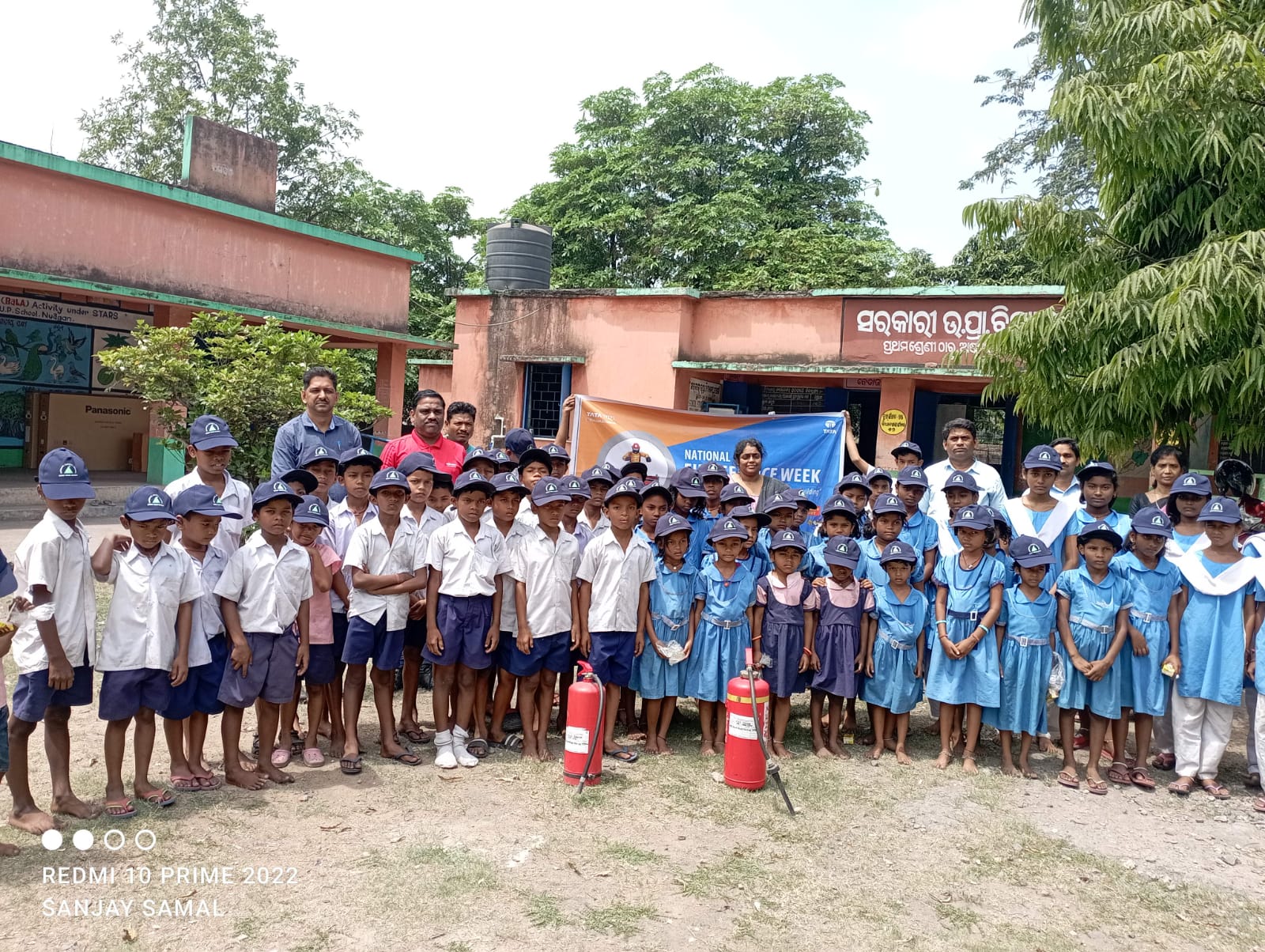Subscribe our Weekly Newsletter
Applications Invited for Earth Journalism Network Asia-Pacific Story Grants 2020-21

Organization: Earth Journalism Network (EJN)
Apply By: 28 Aug 2020
Grant Amount: 1500 USD
About the Organization:
Earth Journalism Network (EJN) was developed to enable journalists from developing countries to cover the environment more effectively. They are now a truly global network working with reporters and media outlets in virtually every region of the world. In our mission to improve the quantity and quality of environmental reporting, EJN trains journalists to cover a wide variety of issues, develops innovative online environmental news sites and produces content for local media – including ground-breaking investigative reports.
Asia-Pacific Story Grants 2020-21
With the world undergoing dramatic social and environmental change, we believe it is increasingly important for journalists to dig deep into stories that uncover the various drivers of this degradation, point out the actors and push decision-makers to respond.
They’re seeking stories that go beyond answering the basic who, what, when and where, and investigate how and why governments, businesses and financial institutions are acting in ways that directly or indirectly exploit our land and natural resources, and then outline the repercussions.
Environmental issues are often highly complex and interlinked with so many other social, political and economic challenges. We’re seeing that play out now in the Covid-19 pandemic and the ways in which it has exposed how closely tied environmental abuse is to public health outcomes. We encourage journalists to unravel the linkages that enable these exploitations to take place and explain their combined impacts on our planet.
Story Themes
They’re looking for incisive, in-depth stories that put human experiences at the center of the storytelling. Ideas should consider but not be limited to questions such as:
- Could Covid-19 lead to a green wave in Asia ? Are governments thinking of ways to integrate more sustainable and environmentally friendly policies into economic stimulus packages? Or are governments pumping in funds to support polluting industries?
- Have coal or oil and gas companies gotten bailouts? What about animal processing plants and factory farms? What does this indicate about those government’s commitments to the environment?
- What’s the future for coal vs. renewable energy in a Covid-19 altered world?
- What implications could the global economic downturn have on efforts to tackle climate change and biodiversity loss? Could countries shift funds they’d committed to cutting carbon emissions and boosting conservation toward rebooting their economies?
- Could air quality in Asian cities worsen or improve amid the economic shutdowns many places have imposed?
- How could Covid-19 travel restrictions and the resulting slump in tourism affect eco-tourism and conservation efforts?
- How will Covid-19 travel restrictions affect migration and land rights?
- Are communities that have responded to past disasters – by creating community gardens to ensure access to food, for example – weathering the pandemic better?
- Are communities that bear the brunt of climate change and other environmental destruction more vulnerable to the health and economic impacts of Covid-19?
- How are Covid-19 restrictions impacting the ability of governments and/or communities to respond to environmental threats? The locust swarms in East Africa and India, for example.
- How are indigenous people managing their customary forests and protecting and conserving forests and biodiversity? Are they pushing for greater land rights or finding innovative ways to protect themselves from the impacts of environmental degradation? Has the Covid-19 pandemic made those efforts more challenging?
Eligibility
- For the purposes of this grant call, they are accepting applications from South Asia, Southeast Asia, East Asia and the Pacific region but not Australia or New Zealand.
- Applications are open to journalists (online, print, television, radio) and other expert media practitioners with experience in investigative reporting and covering environmental issues. We encourage applications from freelancers and staff from all types of media organizations – international, national, local and community-based.
- They are seeking to support both early career and senior journalists with many years of reporting experience. They’ll accept both individual and group applications, but for the latter, they ask that the application is made in the name of one lead applicant who will receive the grant on the group’s behalf, if awarded.
Story Approach & Format
- They expect to award around 30 grants averaging $1,500 depending on the proposal and needs. We will consider larger grant amounts for stories using innovative or investigative approaches that may be more costly and time-consuming.
- Applicants should provide a detailed budget with justification for the amount requested using the template provided below. We have not set a specific amount because we are asking you to consider what you'll need to do this type of reporting. We do ask that the budgets be reasonable and account for costs necessary for reporting without being extraneous. We expect that stories will be produced with equipment the applicant already has access to (including cameras, drones, lighting, tripods, etc.) and will not consider budgets that heavily focus on procuring new supplies.
- Stories can be produced in any language. But applicants who intend to write or produce stories in their local language need to also include an English translation. Please include the cost for translation in the budget, if necessary.
- Those who are awarded grants are free to publish or broadcast their stories in their affiliated media as long as EJN and Sida are also given rights to edit, publish, broadcast and distribute them freely. Freelance reporters should demonstrate a plan for publication or broadcast and are encouraged to provide a letter of interest from an editor.
Judging Criteria
Applicants should consider the following points when devising their story proposals:
- Relevance: Does the proposal meet the criteria and objectives of this call? Why does this story matter and to whom? Is the main idea, context and overall value to the target audience clearly defined?
- Angle: If the story has been covered by mainstream media, does your proposal bring new insights into the topic or offer a fresh angle?
- Impact: Does the proposal have a compelling narrative or investigative element that will inform and engage, draw attention, trigger debate and urge action?
- Innovative storytelling: The use of creative approaches, multimedia and data visualization will be considered a plus.
If you encounter any difficulties submitting your application or have questions about the grants, please email info.ejn@internews.org.
Deadline: August 28th, 2020 at 5:00pm ICT
For more information please check the Link
Latest Online Store
Latest Tenders And EOIs
© Renalysis Consultants Pvt Ltd


























